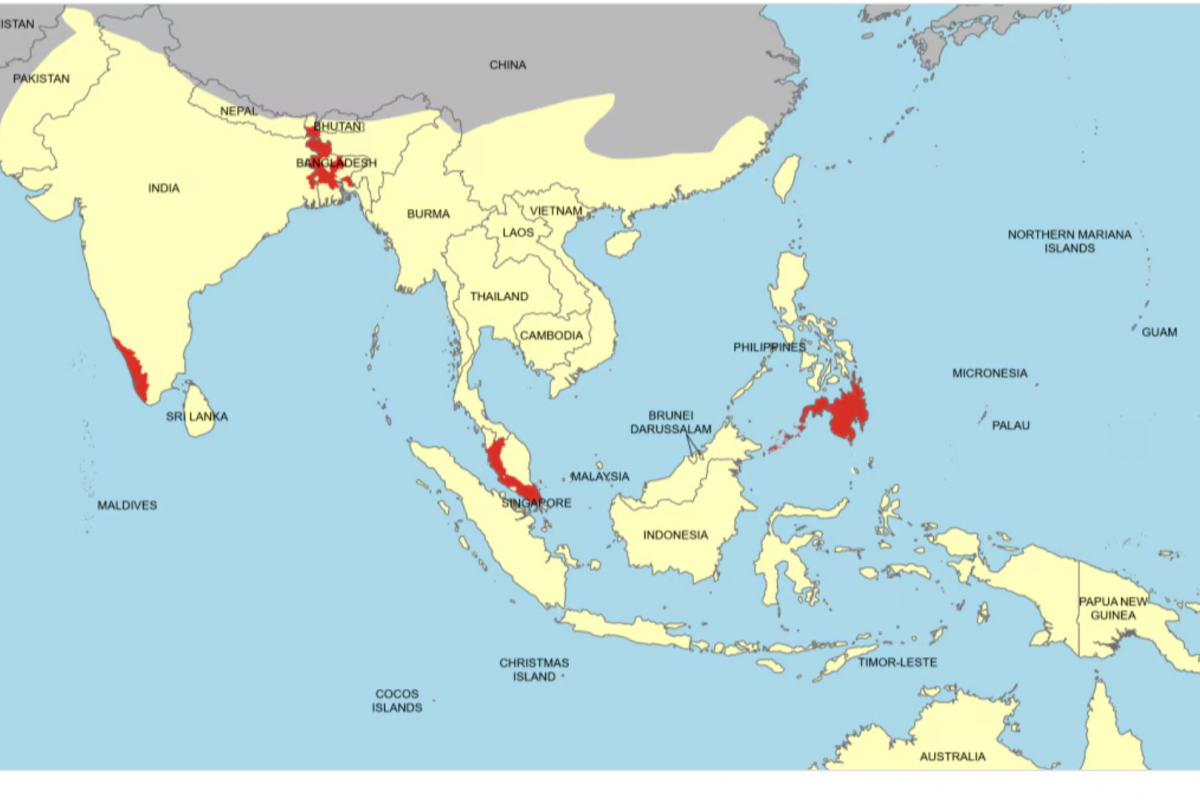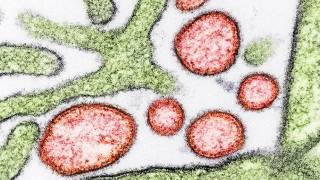Who Sets Nipah Virus Vaccine Research Priorities

The Lancet Infectious Disease recently published a Correspondence focused on Nipah virus research priorities.
Nipah was first discovered in 1999 following an outbreak in pigs and people in Malaysia and Singapore. Since then, outbreaks have occurred nearly every year in many parts of Asia, often in Bangladesh (2023) and India (2024).
According to the U.S. CDC, around 40%–70% of people infected with Nipah die.
On November 18, 2024, these authors wrote, 'WHO's roadmap for Nipah virus research priorities (2024–29) outlines ambitious milestones for advancing diagnostics, therapeutics, and vaccines.
Although the roadmap signifies progress against the Nipah virus, it also exposes inequities in global health governance, raising concerns about who sets research agendas and for whose benefit.
We sincerely commend the distinguished experts involved in the roadmap development process for their exceptional leadership, expertise in henipaviruses, including Nipah and Hendra viruses, and representation of affected regions.
However, the low representation from the most affected countries highlights gaps in the priority-setting process. Of the 26 authors, only 3 (11%) were from the two countries—Bangladesh and India—that reported all Nipah virus cases in the last two decades, and other affected countries, including Malaysia and the Philippines, were not represented.
This exclusion contrasts with the roadmap's objective of addressing needs in regions most vulnerable to outbreaks.
To make meaningful progress, the global health community must adopt an inclusive approach to research prioritization and co-developing roadmaps with stakeholders from affected regions, including clinicians, public health practitioners, and community leaders. This approach will ensure that priorities are scientifically robust, implementable, and culturally relevant.
The unedited correspondence is found at this link.
In August 2024, Phylex Biosciences announced its new mRNA nanoparticle vaccine against the Nipah virus. The vaccine achieved positive results in an immunogenicity study conducted in collaboration with scientists from the U.S. CDC.
As of December 2, 2024, the CDC has not approved a vaccine against the Nipah virus.
Our Trust Standards: Medical Advisory Committee
